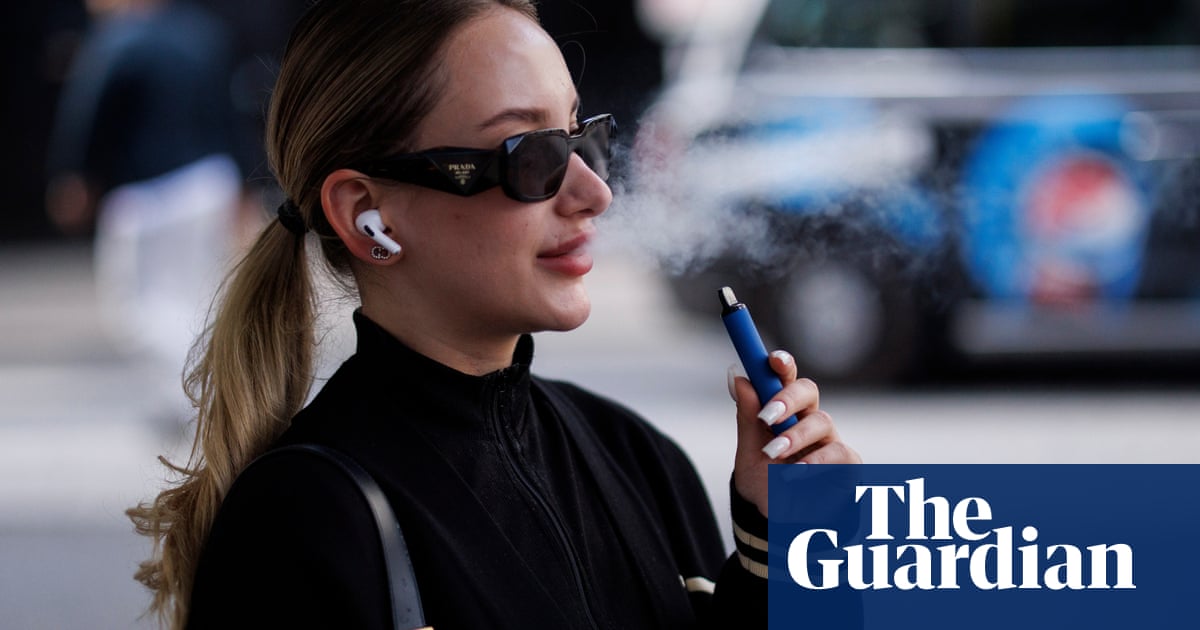
There is something horribly sad about an empty playground.
For weeks now, the primary school next door has been far too quiet, save for the odd key worker’s child; no break-time hubbub, no morning school-run chaos. I didn’t realise how much I had missed the sight of small persons exploding through the gate at home time until a handful returned this week. One more baby step, perhaps, towards normality.
But the truth is, children’s lives are not really back to normal and will not be for some time. Talk to parents, and the stories come spilling out: of angry children, sad children, bewildered children, who have only just got used to lockdown and are now thrown off balance all over again by emerging from it. This week I spoke to the mother of a seven-year-old who burst into tears at the idea of going back to school, because she was terrified of getting coronavirus and dying, and another whose toddler is so unsettled by returning to his old nursery after three months off that he won’t sleep in his cot.
Children are sticklers for routine, and like to know what’s coming, but we can no longer tell them with any certainty. It’s stressful enough for grown adults, so every parent will wonder about the psychological impact of growing up under this shadow. Will the millions of children born or raised in a pandemic shake off their strangely disjointed early lives when it’s over, or will there be longer lasting effects for the Covid-19 kids?
The cross-party House of Commons petitions committee has been trying, in a fascinating set of hearings on family life in lockdown, to shed some light on that curiously under-examined question. The Maternal Mental Health Alliance’s Alain Gregoire testified to a huge increase in mental health problems among new mothers, which should sadly have been predictable. Imagine the loneliness of maternity leave with no grandparents swooping in to take the baby for a bit, no cafes to hang out in, no playgroups for finding others in the same boat and clinging to them. He would, he said, also “anticipate greater difficulties among young children who in the near future will be attending nurseries” after months of parents having to manage children with emotional or behavioural problems at home, without expert help from school or nursery.
Over half of adoptive parents surveyed by Adoption UK, meanwhile, reported greater anxiety, distress and challenging behaviour among their children, whose traumatic early lives can make them unusually sensitive to change. But while ministers are now finally making plans to help children catch up academically, the government has said little about coping with the emotional and behavioural aftershocks of the pandemic, even as mental health professionals are bracing themselves for a tsunami of post-pandemic referrals.
It’s obvious from the unemployment figures that child poverty will soar without some major intervention; we know too that the gap between rich and poor children’s attainment will widen while schools are closed, thanks to studies on how disadvantaged children slide backwards even during the long summer holidays.
But it’s harder to gauge the impact on children’s mental health, which was more fragile than anyone would have liked even before the pandemic. The work is starting – the Nuffield Foundation has launched a research project on the changing face of early childhood in a pandemic, the children’s commissioner, Anne Longfield, is on the case, and several academic studies are underway – but there are precious few precedents for children in developed countries losing this big a chunk of their lives down a black hole.
There will of course be lucky families, brought closer by the intimacy of lockdown. It has transformed the landscape of fatherhood, giving new dads who can work from home far more time to bond with their babies. Several friends with teenagers confess to a bittersweet nostalgia for lockdown, which has bought time with restless offspring they wouldn’t otherwise have had. Denied the company of their friends, even surly 15-year-olds may eventually be bored enough to talk to their parents, although the days of hanging out as a family are ending now as teens seize on the easing of lockdown to reclaim more freedom than the rules would strictly allow.
But while one lost summer feels like a tragedy to teenagers, it may turn out to have been more critical for toddlers, now missing out on an entire developmental stage’s worth of learning to share, play and listen with other toddlers, which is half the battle in getting ready for school. For other children too small to understand exactly what’s happening but old enough to have soaked up their parents’ anxiety and grief, there will be consequences. By all means get the schools back, as soon as safely possible. But don’t imagine that will be anything like enough.












